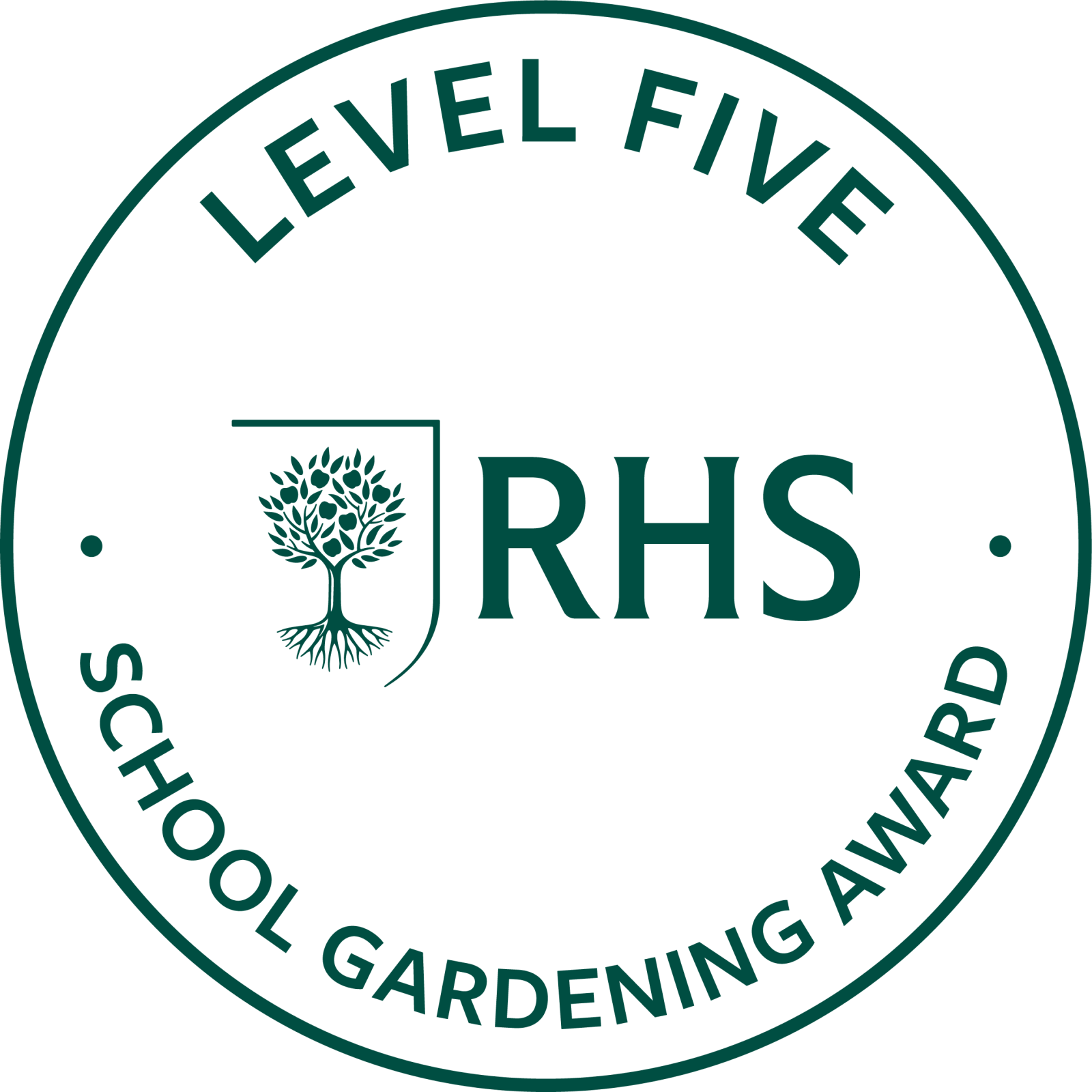Modern Foreign Languages
Curriculum Overview
The rationale for learning a foreign language:
- Students will be offered insights into the culture and civilisation of the countries where the language is spoken.
- Students will develop an awareness of the nature of language and language learning.
- Lessons will provide intellectual stimulation.
- Students will be encouraged to develop positive attitudes to foreign language learning and to speakers of foreign languages and a sympathetic approach to other cultures.
- Lessons will promote the learning of other skills of more general application e.g. analysis, memorising, drawing of inferences etc.
- Students will develop an understanding of themselves and their own culture.
- British values will be promoted in the delivery of lessons around cultural diversity
How do Languages fit into the Rumworth Curriculum?
Languages come under our wider curriculum umbrella area of “Communication and Understanding”. Languages link in with other subject and curriculum areas because they promote the development of reading, writing, speaking and listening.
Curriculum Strands
Pre-formal Strand
Students are taught to:
- Have an understanding of France and French culture
- listen attentively to spoken language and show understanding by joining in and responding
- explore the patterns and sounds of language through songs and rhymes
- engage in conversations; ask and answer questions
- develop accurate pronunciation and intonation so that others understand when they are reading aloud or using familiar words and phrases
- present ideas and information orally to a range of audiences
- read carefully and show understanding of words, phrases and simple writing
- appreciate stories, songs, poems and rhymes in the language
- broaden their vocabulary
- describe people, places, things and actions orally and in writing
Semi-formal Strand
Students are taught to:
- listen attentively to spoken language and show understanding by joining in and responding
- explore the patterns and sounds of language through songs and rhymes and link the spelling, sound and meaning of words
- engage in conversations; ask and answer questions; express opinions and respond to those of others; seek clarification and help
- speak in sentences, using familiar vocabulary, phrases and basic language structures
- develop accurate pronunciation and intonation so that others understand when they are reading aloud or using familiar words and phrases
- present ideas and information orally to a range of audiences
- read carefully and show understanding of words, phrases and simple writing
- appreciate stories, songs, poems and rhymes in the language
- broaden their vocabulary and develop their ability to understand new words that are introduced into familiar written material, including through using a dictionary
- write phrases from memory, and adapt these to create new sentences, to express ideas clearly
- describe people, places, things and actions orally and in writing
- understand basic grammar appropriate to the language being studied
Formal Strand
Students are taught the following skills:
Pass
Listening: understand passages in the target language made up of familiar language in simple sentences relating to the unit. (The student should be able to identify and note main points and some details).
Reading: understand short texts in the target language relating to the unit. (The student should be able to identify and note main points and some details).
Speaking: produce at least four items of simple information in the target language relating to the unit, with generally accurate pronunciation and including personal responses, e.g. likes, dislikes and feelings.
Writing: write a paragraph of at least four sentences in the target language relating to the unit, including personal responses eg likes, dislikes and feelings.
Merit
Listening: understand extracts of spoken language in the target language relating to the unit, including present and past or future events. (The student should be able to identify and note main points and specific details, including opinions but will not be expected to differentiate between time-frames).
Reading: understand a range of texts in the target language relating to the unit and covering present and past or future events. (The student should be able to identify and note main points and specific details, including opinions but will not be expected to differentiate between time-frames).
Speaking: produce at least six items of information, seeking and/or conveying information and opinions in simple terms in the target language relating to the unit activities, referring to recent experiences or future plans, as well as everyday activities and interests. They sometimes produce more extended responses. (The student should be able to make him/herself understood with little difficulty although there may be some mistakes).
Writing: write a paragraph of at least six sentences in the target language which seek and/or convey information and opinions relating to the unit, referring to recent experiences or future plans as well as everyday activities. (The student should be able to make him/herself understood with little difficulty although there may be some mistakes).
Distinction
Listening: understand short narrative and extracts in the target language relating to the unit, which include familiar language in unfamiliar contexts and which cover past, present and future events. (The student should be able to identify and note main points and specific details, including points of view, needing little repetition. The student should be able to show he/she understands the difference between past, present and future events).
Reading: understand a variety of texts in the target language relating to the unit and covering present, past and future events. (The student should be able to identify and note main points and specific details, including opinions and will be expected to differentiate between time-frames).
Speaking: produce at least eight items of information, seeking and/or conveying information and opinions in the target language relating to the unit. They refer to past, present and future actions and sometimes produce more detailed responses. (The student should be able to make him/herself understood with little difficulty although there may be some hesitancy).
Writing: write a paragraph of at least eight sentences in the target language seeking and/or conveying information relating to the unit, including descriptions and opinions where appropriate and referring to past, present and future actions and events. (The student may make a few mistakes but the meaning is clear).
Feedback and Assessment
This is done by:
- Sharing learning objectives with Students
- Helping Students to know and recognise the standards they are aiming for
- Involving Students in peer and self-assessment
- Providing feedback which leads to Students recognising their next steps and how to take them
- Promoting confidence that every student can improve
- Involving both teacher and student in reviewing and reflecting on assessment information
- Formative assessment will have a high priority in all French lessons to inform future teaching.
- Summative assessments will provide evidence of student progress in the subject.
- Achievement will be recorded as a descriptive profile of what the student is capable of doing.
- Progress will be reported using Rumworth Steps to Progress
- Feedback to parents and carers will be reported in interim reports as expected progress, less than expected progress, better than expected progress.
- Students will be assessed, in Key Stage 4, against a nationally recognised accreditation scheme e.g. FCSE
External Accreditation
This is offered as:-
- AQA FCSE French



